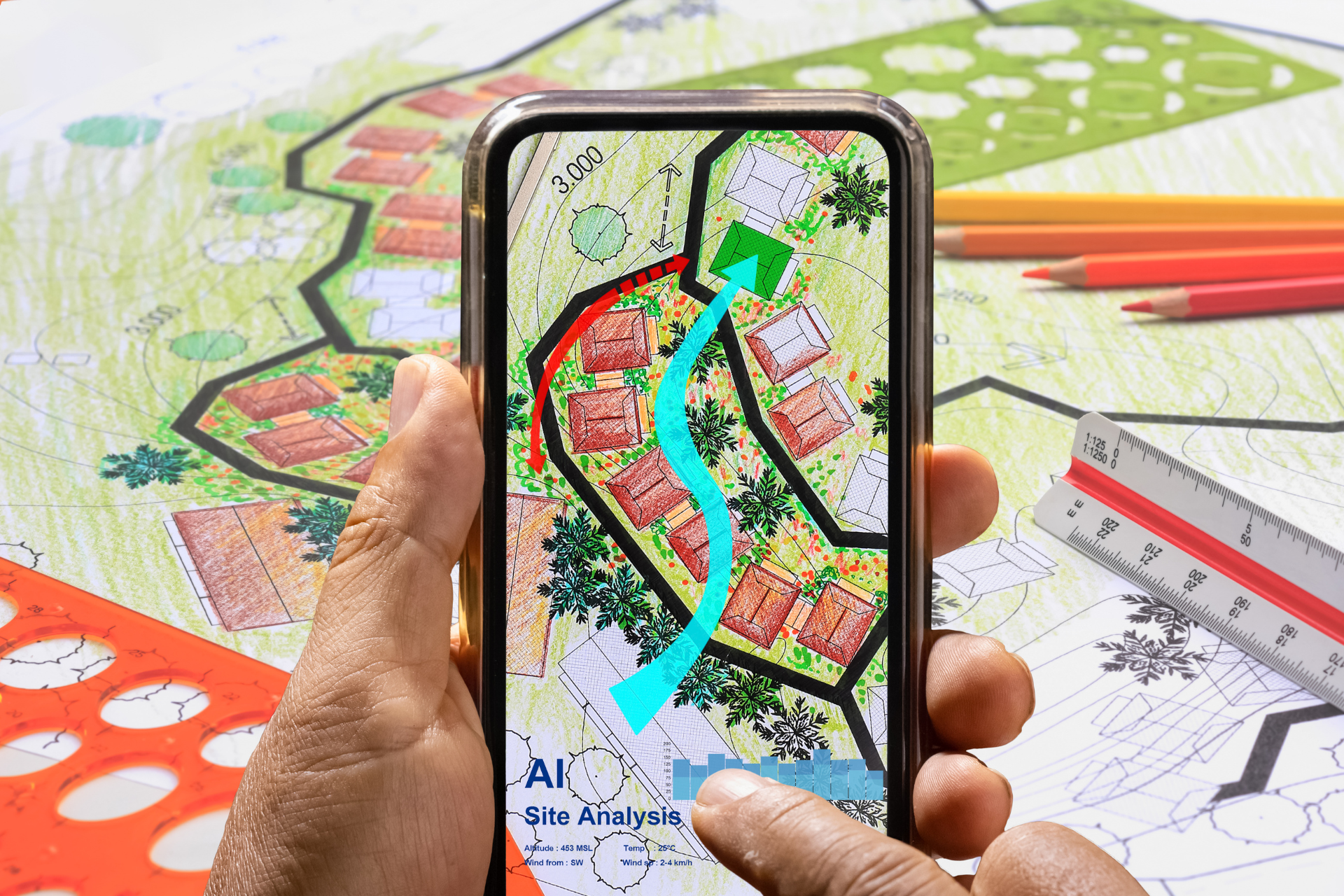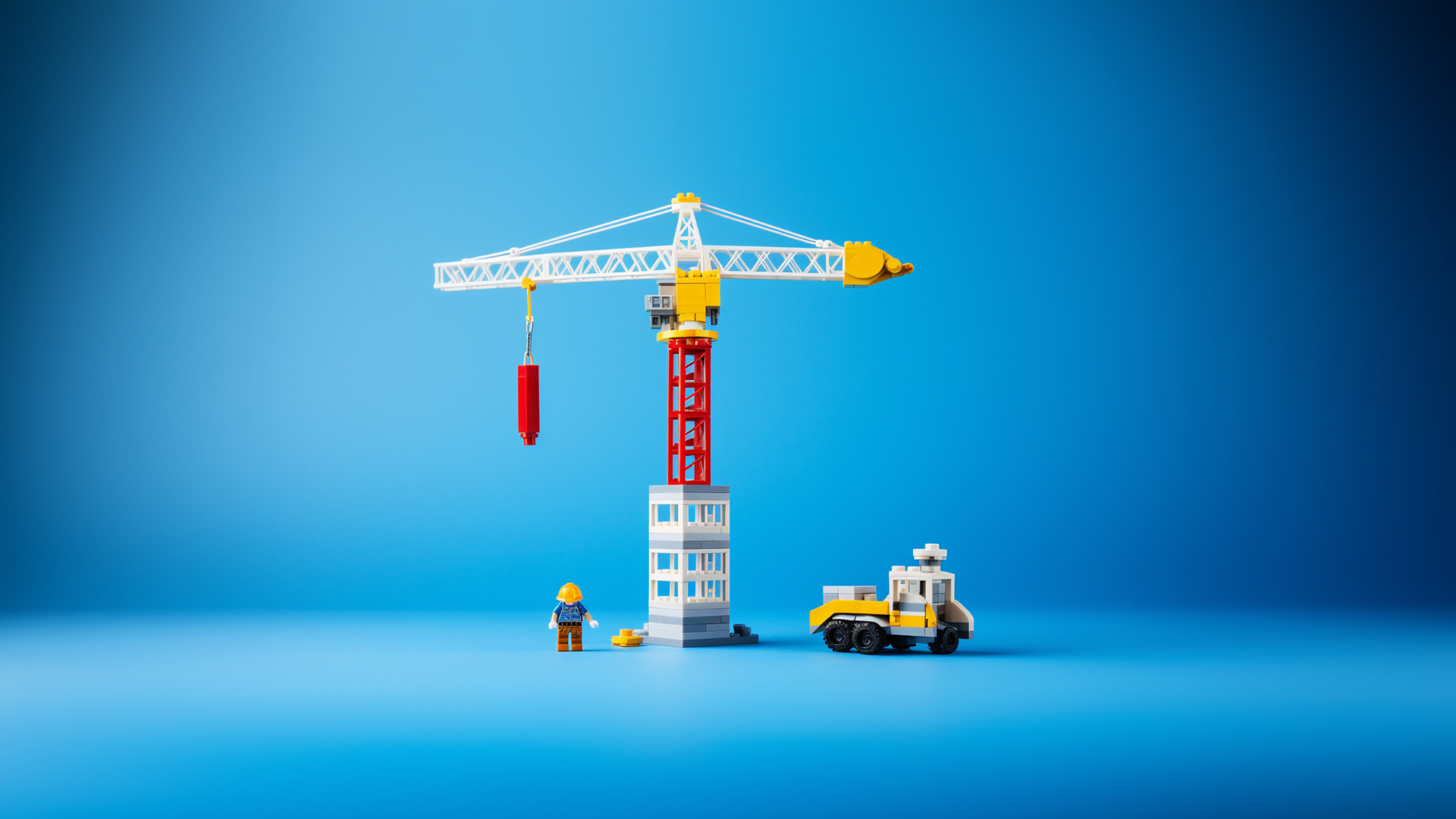Use cases of Ai in Business.
Benefits of AI in Business
If you're in the construction business and looking to level up, it is essential for construction firm owners to
embrace technological advancements to stay ahead of the game. Artificial Intelligence (AI) is one such
advancement that has the potential to revolutionize the construction industry. By harnessing the power of AI,
construction firms can not only streamline their operations but also enhance their overall productivity and
efficiency. Here are some of the key benefits of AI in business:
AI applications in business
AI has a multitude of applications in various sectors of business. Construction firms can leverage AI in
different ways to optimize their processes and drive growth. Let's explore some of the key AI applications in the
construction industry:
1. Predictive Analytics
One of the most significant applications of AI in construction is predictive analytics. AI-powered algorithms can
analyze vast amounts of historical data and identify patterns, trends, and correlations. This enables
construction firm owners to make data-driven decisions and accurately forecast project timelines, budgets, and
resource requirements. By leveraging predictive analytics, firms can minimize risks, better allocate resources,
and optimize project management.
2. Intelligent Automation
Another compelling use case of AI in the construction industry is intelligent automation. AI technologies such as
robotics and machine learning can automate repetitive and labor-intensive tasks, thereby reducing the need for
manual intervention. For example, drones equipped with AI can perform site inspections, collect data, and even
assist in surveying. Robotic construction equipment can also be used for tasks that are hazardous or require
high precision. By implementing intelligent automation, construction firms can significantly improve their
operational efficiency and safety.
3. Quality Control and Safety
Maintaining quality standards and ensuring safety is paramount in the construction industry. AI can play a
vital role in this aspect as well. Computer vision technology powered by AI can analyze real-time video feeds
from construction sites to detect potential safety hazards and non-compliance with safety regulations. AI can
also be used to monitor and enforce quality control standards by identifying defects in construction materials,
structures, or processes. By leveraging AI for quality control and safety, construction firms can minimize
costly mistakes, improve project outcomes, and enhance the overall reputation of their business.
AI technology in business
To harness the benefits of AI in business, construction firm owners need to adopt the right AI technologies that
align with their specific needs and objectives. Here are some of the key AI technologies that are prevalent in
the construction industry:
1. Machine Learning
Machine Learning is undoubtedly one of the most significant AI technologies in the business world. It enables
computers to learn and improve from experience without being explicitly programmed. In the context of
construction, machine learning algorithms can analyze large volumes of data to identify patterns and make
predictions. For example, machine learning can be used to optimize construction schedules by considering factors
such as weather conditions, resource availability, and project constraints. By leveraging machine learning
technology, construction firms can make more accurate estimates, improve project planning, and reduce costs.
2. Robotics
Robotics is another AI technology that has a wide range of applications in the construction industry. Robots can
perform tasks that are dangerous, physically demanding, or require high precision. For example, autonomous
construction robots can lay bricks, perform concrete work, or even assist in demolition. By using robotics,
construction firms can enhance their productivity, minimize human error, and reduce labor costs.
3. Computer Vision
Computer vision, a technology that enables computers to understand and interpret visual data, is particularly
useful in the construction industry. Computer vision can analyze images or video feeds from construction sites
to detect safety hazards, monitor progress, or validate adherence to architectural plans. For example, computer
vision algorithms can flag potential safety issues such as workers not wearing protective gear or improper
use of equipment. By leveraging computer vision technology, construction firms can improve safety compliance,
mitigate risks, and ensure project quality.
In conclusion, AI has the potential to transform the construction industry by providing various benefits and
enabling innovative applications. Predictive analytics, intelligent automation, quality control, and safety are
just a few of the areas where AI can make a significant impact. By adopting AI technologies such as machine
learning, robotics, and computer vision, construction firm owners can enhance their operational efficiency,
improve project outcomes, and gain a competitive advantage in the market. Embracing AI in business is no longer
an option; it is a necessity for construction firms looking to succeed in the digital age.

